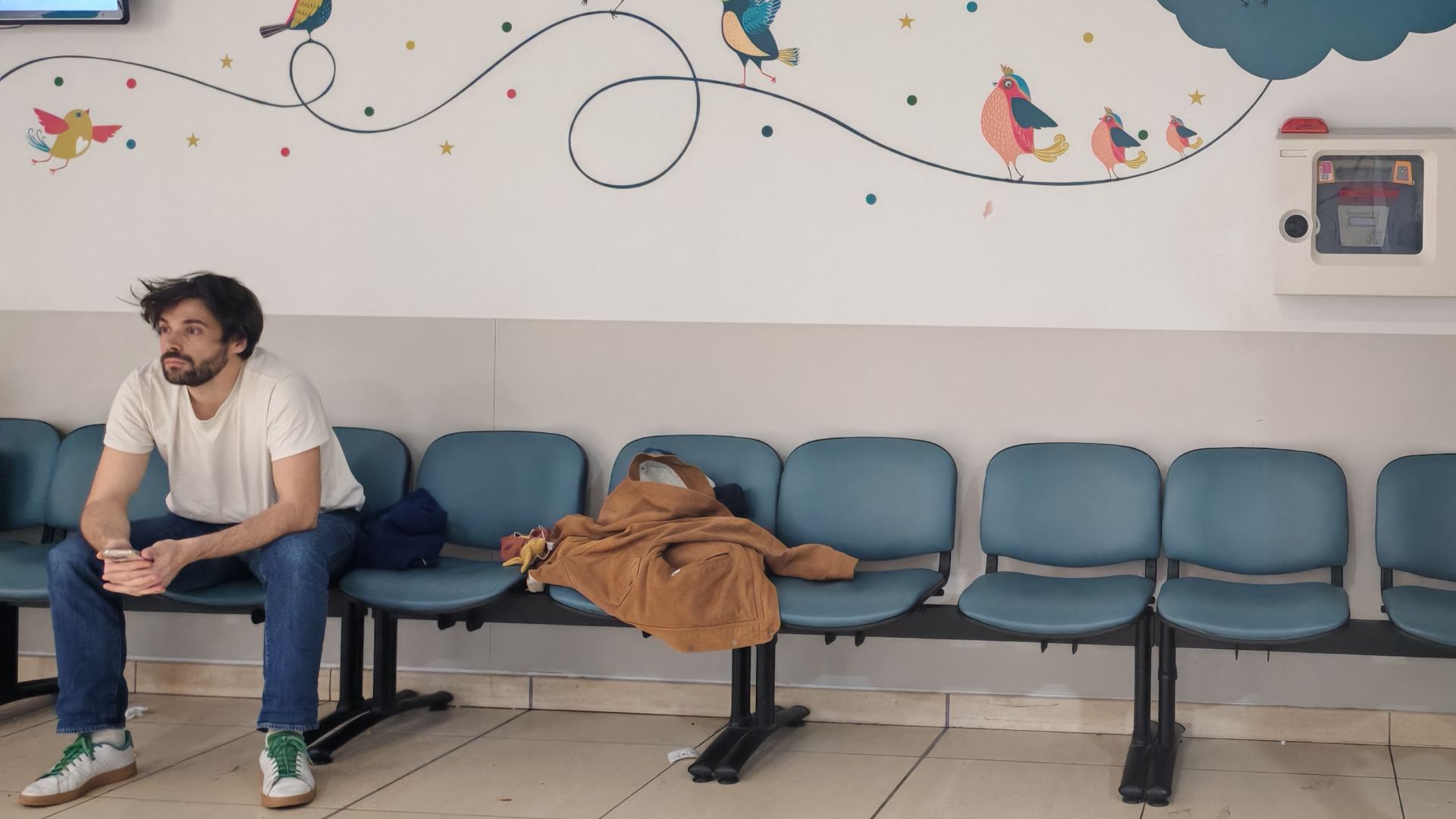The budget passed by the Ohio Senate last week includes provisions that would have a major impact on several key programs that support low-income working families and children. As the budget moves into conference committee, where a few members from each chamber hash out the differences between the House and Senate versions of the budget, we will be working with our fellow health and human services stakeholders across the state to highlight how some of the Senate’s proposed changes would be detrimental to Ohioans and to a cost-effective health and human service delivery system.
Requiring Medicaid to start from scratch in the process sets back numerous efforts.
Medicaid
The Senate included budget provisions that would derail the state’s procurement of Medicaid managed care contracts. We have written extensively about the robust engagement process and work toward more equitable care by the state’s Medicaid agency through the latest procurement of these plans. Requiring Medicaid to start from scratch in the process sets back numerous efforts ranging from efforts to eliminate forced custody relinquishment of multi-system youth, bring transparency to Ohio Medicaid’s pharmacy benefit and create reduced regulation for providers.
Access to safety net services
Several provisions added in the omnibus amendment, at the last minute, would threaten access to the Supplemental Nutrition Assistance Program (SNAP), but also other safety net programs, for thousands of Ohioans who are eligible. The provisions:
- Require change reporting for all SNAP households, a practice which no other state in the country uses. This means that families must report any change in income of at least $500, which would be a challenge for individuals who work hourly and/or fluctuating positions.
- Threaten Ohio’s ability to exercise SNAP state options relating to Categorical Eligibility. This provision would require Ohio to reinstitute an asset test, which would prevent families from having assets over $2,250 and a car that’s valued over $4,650. It would also prevent Ohio from ever raising SNAP’s gross income limit above 130 percent of the federal poverty line.
- Make child support cooperation mandatory to participate in SNAP. This would take food away from families with children who are victims of domestic abuse and do not want to pursue a formal child support arrangement to protect their safety. It would also be expensive to administer.
- Gives the Department of Medicaid only 60 days to use third-party data to conduct an eligibility redetermination of all Ohio Medicaid recipients after the conclusion of the COVID-19 emergency period.
Other provisions
The Senate maintained the elderly disabled simplified application project (EDSAP) for SNAP, adult protective services and increased rates for home and community-based services, and a provision to expand Medicaid coverage to more women in the postpartum period. However, other measures that were included undermine these positive steps.
Community Solutions will closely track and engage on the budget as we head into the next stage of the process, the Conference Committee.
Community Solutions will closely track and engage on the budget as we head into the next stage of the process, the Conference Committee. This committee will include three members from each chamber, likely the chairs and ranking members of the respective finance committees and one more member from the majority party in each chamber.







.png)
